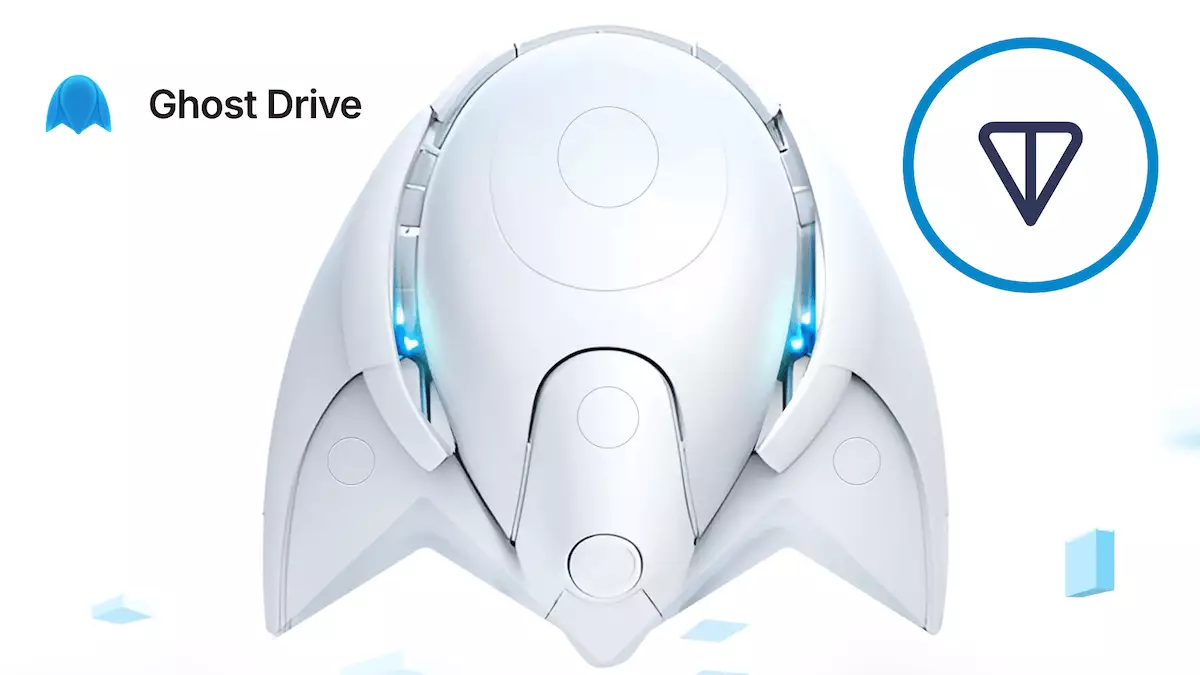In the ever-evolving domain of digital storage solutions, GhostDrive has emerged as a significant player within the decentralized Web3 landscape. Although it is a relative newcomer, the platform has rapidly gained traction, attracting over 740,000 users monthly. Built as a Telegram Mini App operating on The Open Network (TON) blockchain, GhostDrive distinguishes itself from traditional data storage services, such as Dropbox, by adopting a unique approach to revenue generation and data management.
GhostDrive’s business model diverges sharply from conventional Web2 storage providers by utilizing a pay-per-view and streaming framework, coupled with advertising networks. This innovative profit-generating strategy not only offers an alternative to annual subscription fees but also presents a variety of monetization options for users. The ability to pick and choose how content is accessed and paid for provides both users and content creators with increased flexibility and control, which is a hallmark of the decentralized ethos.
At the heart of GhostDrive’s philosophy is the commitment to decentralization, which is foundational for enhancing user privacy and security. Unlike centralized services that store data in singular locations, GhostDrive distributes user data across multiple nodes. This decentralized architecture significantly minimizes the risk of data breaches and targeted attacks—common vulnerabilities faced by traditional platforms. Importantly, users retain complete control of their data as files are encrypted before leaving their devices. This preemptive security measure ensures that even if data were intercepted, the information remains protected.
One of GhostDrive’s standout features is its implementation of the Decentralized Physical Infrastructure Network (DePin). This network utilizes TON’s Layer 2 hot storage technology, seamlessly integrating it with Filecoin’s cold storage capabilities. This innovative infrastructure effectively addresses two major challenges prevalent in decentralized storage: high on-chain storage costs and slow access speeds. Users can benefit from swift and economical access to their stored data, enhancing the overall user experience.
While Filecoin has laid the groundwork for secure data storage, it often suffers from accessibility issues. GhostDrive’s technical advancements present a promising solution, allowing users to retrieve their files with unprecedented ease and efficiency.
GhostDrive enhances user trust through the inherent transparency that blockchain technology offers. Each interaction with stored data is permanently recorded on an immutable ledger, providing a clear record for users. This level of transparency is rarely found in traditional storage providers, where data manipulation and access can remain obscured behind corporate policies. Moreover, with the tokenization of data through the TON blockchain, users can convert their files into digital assets, thus enabling trade or sale, a feature that further distinguishes GhostDrive from conventional platforms.
In contrast to conventional subscription models that often lack user engagement incentives, GhostDrive aims to cultivate a strong community through its innovative rewards program. Users can earn points and receive bonuses for storage space by engaging with the platform and inviting others to join. This strategy not only fosters user loyalty but also encourages vibrant community participation. By incentivizing users in such a manner, GhostDrive not only provides immediate value but also paves the way for organic growth through word-of-mouth and communal support.
GhostDrive represents a significant shift in the decentralized storage landscape, offering an effective alternative to traditional Web2 solutions. Its strategic integration of prominent decentralized technologies, including TON and Filecoin, positions it to set a new standard in data management. With a focus on privacy, security, and community engagement, GhostDrive is poised to challenge established players in the secure data management sphere.
As society increasingly prioritizes data privacy and independence, GhostDrive’s innovative model could inspire a broader shift toward decentralized solutions, heralding a new era in how we view, access, and control our data. The future looks promising for this trailblazer in Web3 storage, offering a clearer, more user-centric approach to digital storage.

